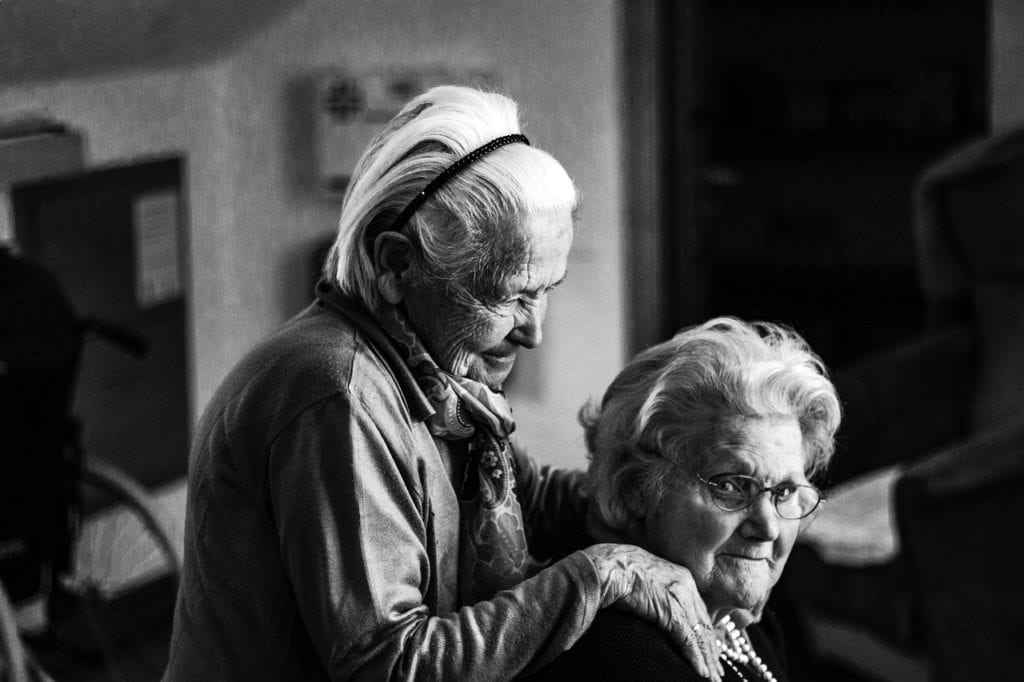According to a story from outsourcing-pharma.com, the company Firma Clinical Research, which provides health care services to patients in clinical trials, has been getting a lot of business lately. This is primarily because trial sponsors are beginning to take seriously the need for a more patient-focused approach to clinical trials. To improve its performance in this role, Firma has begun working closely with patient advocacy groups in order to include patient-specific information into its training programs for nurses and study investigators. This initiative draws closely on information based on the lived experience of clinical trial patients.
Most recently, the company has been working with The Myositis Association on this endeavor. This organization is dedicated to research and patient support related to myositis, which are conditions of chronic muscle inflammation. A big component of this project has been the implementation of survey tools in order to gauge the specific needs of individual patients.
Firma Clinical Research must be prepared to support individual patients over relatively long time periods so it makes sense for caregivers to have a thorough understanding of the disease or condition that the patient has as well as the specific health state and needs of that patient.
Firma kicked off the development of its training program with a single question for patients:
“What’s one thing you would want your health care provider to know about you and your disease if they don’t know anything else?”
One patient responded by saying that they need full body support to get from a sitting position to a standing position, not just a hand. This may seem like a somewhat minor detail, but these responses can help caregivers be far more prepared than they otherwise would be. This is even more important because the vast majority of Firma’s caregiving will take place in the patient’s home.
There is still so much that needs to be done in order for standards of patient treatment and clinical trials to be brought to the place where they should be, but the willingness to incorporate the lived experience and feedback from clinical trial patients is certainly a positive sign.







